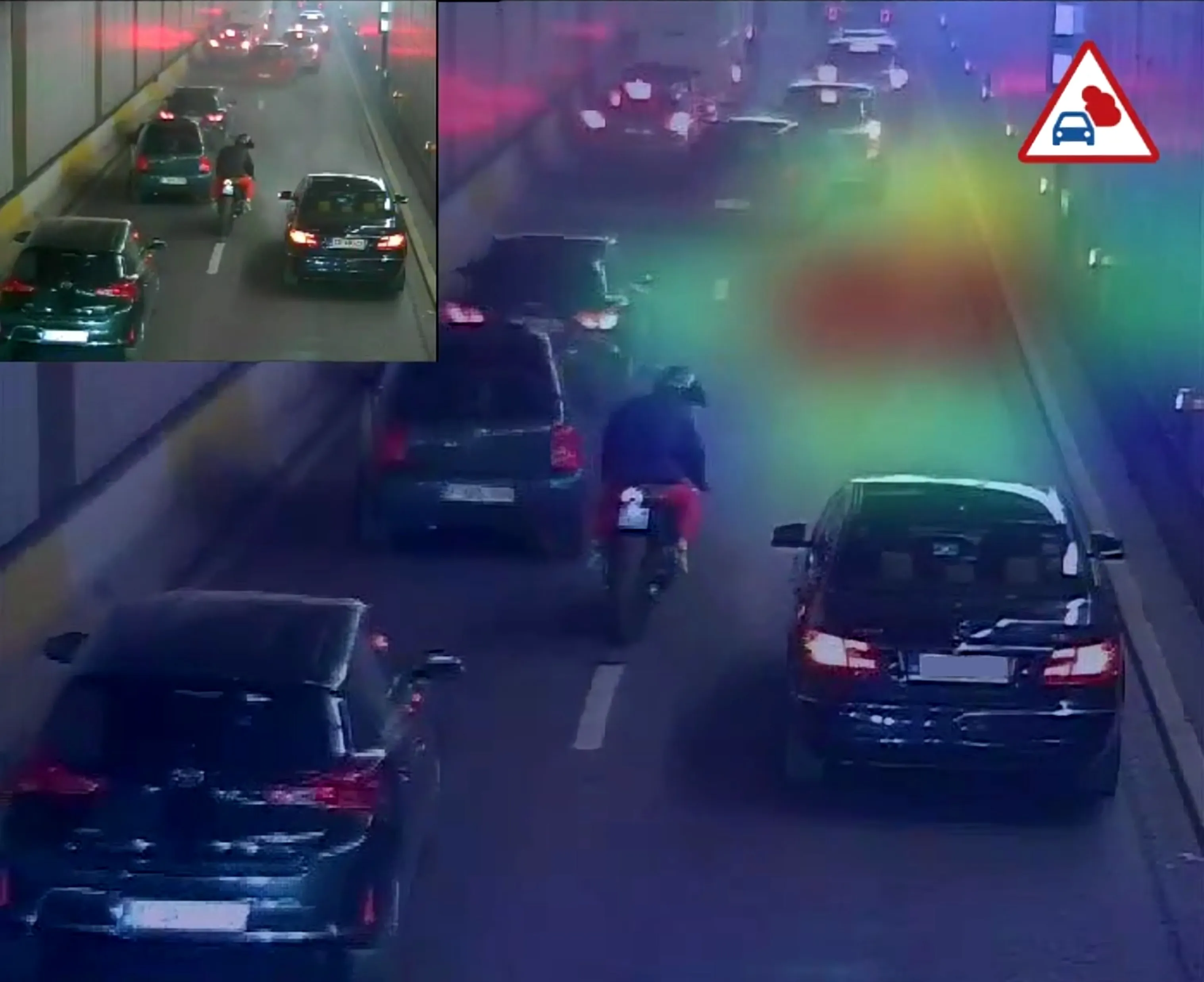Golden River Traffic, part of the Clearview Traffic Group, has unveiled the M100, a new road traffic data collection system that uses secure radio technology as a more reliable, lower cost and easier to install alternative to the use of inductive loops. It can be used for count and classify or for traffic light control and is suitable for all Urban Traffic Control (UTC) systems. Golden River says it offers a likely cost saving across 10 years of installation of as much as 46 per cent.
July 19, 2012
Read time: 2 mins
Granted full
As well as being significantly less time-consuming and cheaper to install, Golden River says its wireless vehicle detection system has many other advantages over traditional inductive loops. Its small size and lack of wires allows it to be positioned in the middle of a lane, making the data it generates highly accurate. The system can also be easily fitted to existing sites to conveniently replace failed inductive loops.










